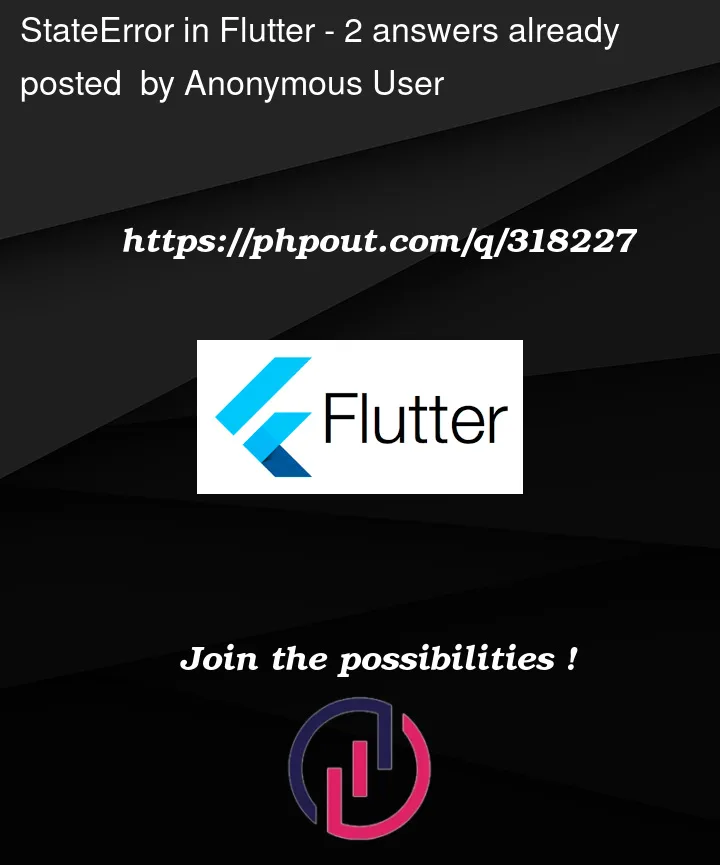How to fix this error: StateError (Bad state: add(SignUp Button Pressed) was called without a registered event handler. Make sure to register a handler via on((event, emit) {…}))
SignUpBloc:
import 'package:bloc/bloc.dart';
import 'package:equatable/equatable.dart';
import '../../domain/repositories/user_repository.dart';
part 'sign_up_event.dart';
part 'sign_up_state.dart';
class SignUpBloc extends Bloc<SignUpEvent, SignUpState> {
final UserRepository userRepository;
SignUpBloc({required this.userRepository}) : super(SignUpInitial());
@override
Stream<SignUpState> mapEventToState(SignUpEvent event) async* {
if (event is SignUpButtonPressed) {
yield SignUpLoading();
try {
final email = event.email;
final password = event.password;
final result = await userRepository.registerUser(email, password);
yield result.fold(
(failure) => SignUpError(message: failure.toString()),
(user) => SignUpSuccess(email: user.email),
);
} catch (error) {
yield SignUpError(message: error.toString());
}
}
}
}




2
Answers
I have another way to use bloc based on your error
handler via on((event, emit) {...})).Please understand the concept of bloc. Bloc has 3 files,
event || bloc || state.event.
emit().The mapEventToState method is commonly used in older versions of the Flutter Bloc library.
For new version